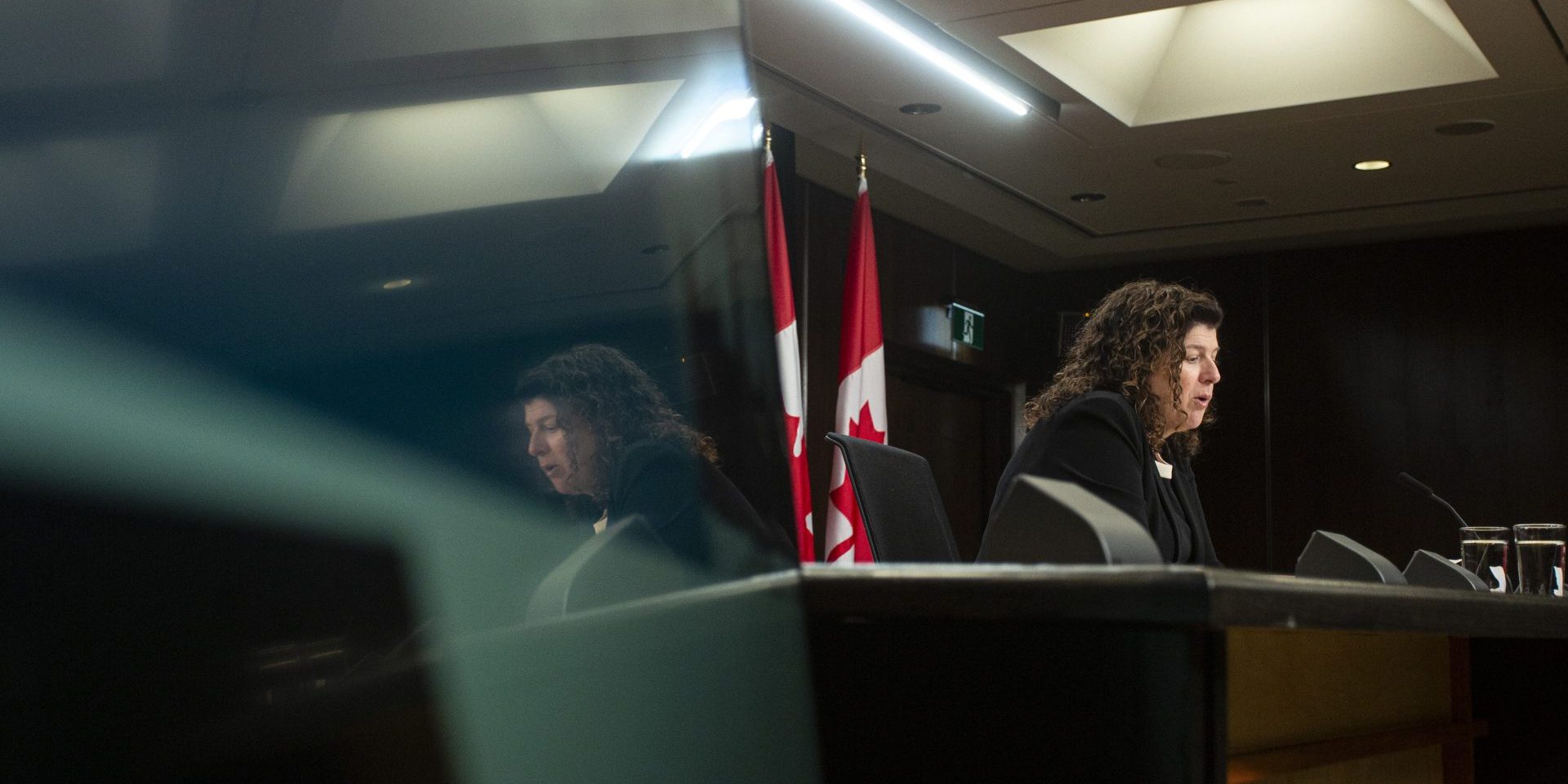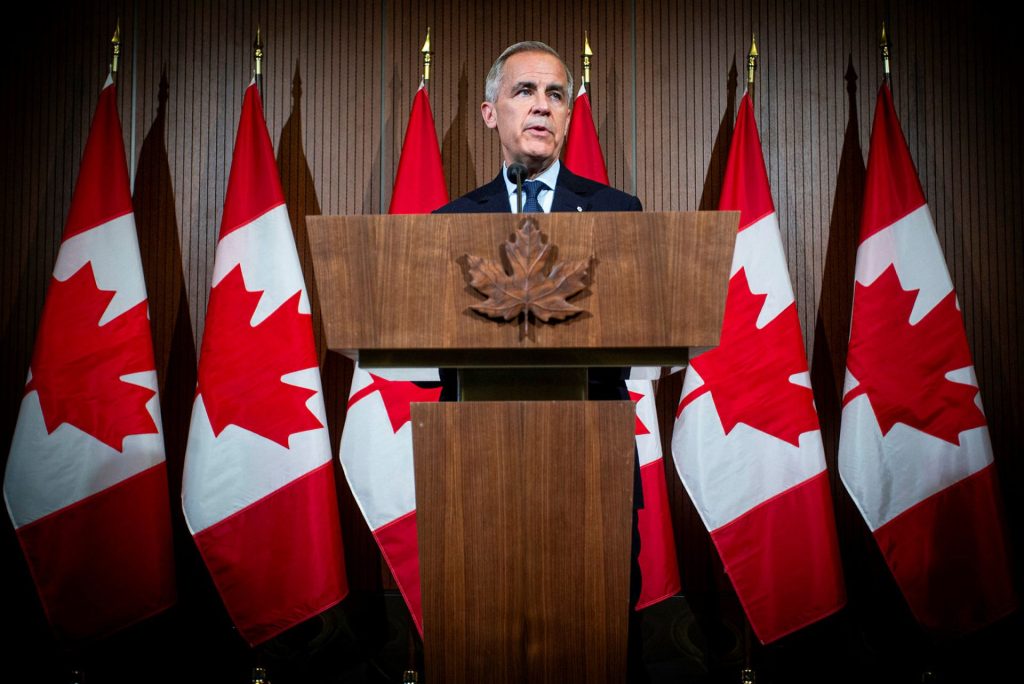F-35 audit a costly reminder to make bureaucrats accountable

It’s happened again. Another auditor general report, another billion-dollar boondoggle. This time, it’s the F-35 procurement saga—proof that when it comes to major federal projects, we’ve somehow normalized cost overruns like it’s just part of doing business.
The audit, released June 10, revealed the price tag for the fighter jets jumped $8.7-billion higher than the original estimates outlined just two years before. The Office of the Auditor General has now flagged more major projects with spiraling costs, shifting timelines, and an eerie lack of ownership. Again.
This isn’t just about planes, ships, or payroll systems. It’s about a system that rewards process over performance and career survival over real-world results.

Let’s take a brief tour of the recent auditor general’s findings. One department struggled to define its project scope until it had already committed to spending. Another lacked basic project controls—like tracking how much money was going where. In some cases, departments blew past the government’s own “Guide to Cost Estimating” like it was just friendly advice from a suggestion box. Overruns happened, delays stacked up, and instead of accountability we got acronyms and executive promotions.
It’s performance theatre, starring our tax dollars.
And while we’re at it, remember Phoenix? The payroll fiasco that left thousands of public servants underpaid, overpaid, or not paid at all? That mess didn’t get fixed. It got rebranded. “Pay Modernization” became “Phoenix,” and eventually, just a line item we all try not to think about. That’s how we do damage control in the federal system: rename it, reshuffle the executives, and keep the money flowing.
This isn’t to say that public servants don’t care. Many do. There are many hardworking, well-intentioned professionals in government. But the system they work in is designed to reward what feels safe—committee meetings, prolonged consultations, polished memos—over what delivers value. Real results carry risk. And in government, risk is rarely rewarded. Playing it safe—even if it means quietly bleeding millions of dollars—is the smarter career move.
But Canada just got a new prime minister in Mark Carney, and he’s not cut from the usual political cloth. He’s an investment banker with a reputation for due diligence, delivering value, and running tight, high-performing ships. That’s great news, but also a loud signal to the federal bureaucracy: sharpen your pencils. The era of billion-dollar blunders followed by golden handshakes may be over.
Because here’s the thing: in the private sector, blowing the budget on a marquee project gets you fired—not shuffled to another executive desk with a new title and a nice pension forecast. If your team burned through a billion dollars with no measurable results, there would be exit interviews, not rewrite the project charter.

What we need now is a culture of performance, not process. Outcomes, not optics. That means making executives publicly accountable for what they lead. And, yes, having the courage to dismiss executives who fail in ways that cost Canadians millions. It’s not vindictive—it’s basic management. The opportunity cost of not doing so would be a hospital or school not funded.
Cost overruns shouldn’t fall only on the taxpayer. It should fall on those responsible. Enough hiding behind vague bureaucratic language and rebranded project names. Enough of treating massive financial failures as just “lessons learned.” Let’s stop treating transparency and accountability like experimental ideas.
The solution doesn’t require a royal commission or another round of consultations. It requires leadership willing to change incentives. Reward those who deliver. Hold to account those who don’t. Make it normal—boringly normal—for federal executives to be judged by results, not resilience in navigating the system.
The government isn’t a startup, but it’s certainly not a place where ambition should go to die. Frankly, Canada desperately needs bold, competent public leadership right now. We’re facing some serious challenges, from tough global competition to building climate resilience, and we simply can’t afford to keep fumbling the basics.
Taxpayers aren’t asking for miracles. What we do expect is for the public servants to deliver something close to what was promised, and to come in reasonably close to the projected budget and timeline. That’s a pretty standard expectation everywhere else, except, it seems, in government.
Ram Mathilakath is a former executive with the Parliamentary Budget Office and federal government who is now an executive consultant and turnaround strategist.
The Hill Times





 LICENSING
LICENSING PODCAST
PODCAST ALERTS
ALERTS


